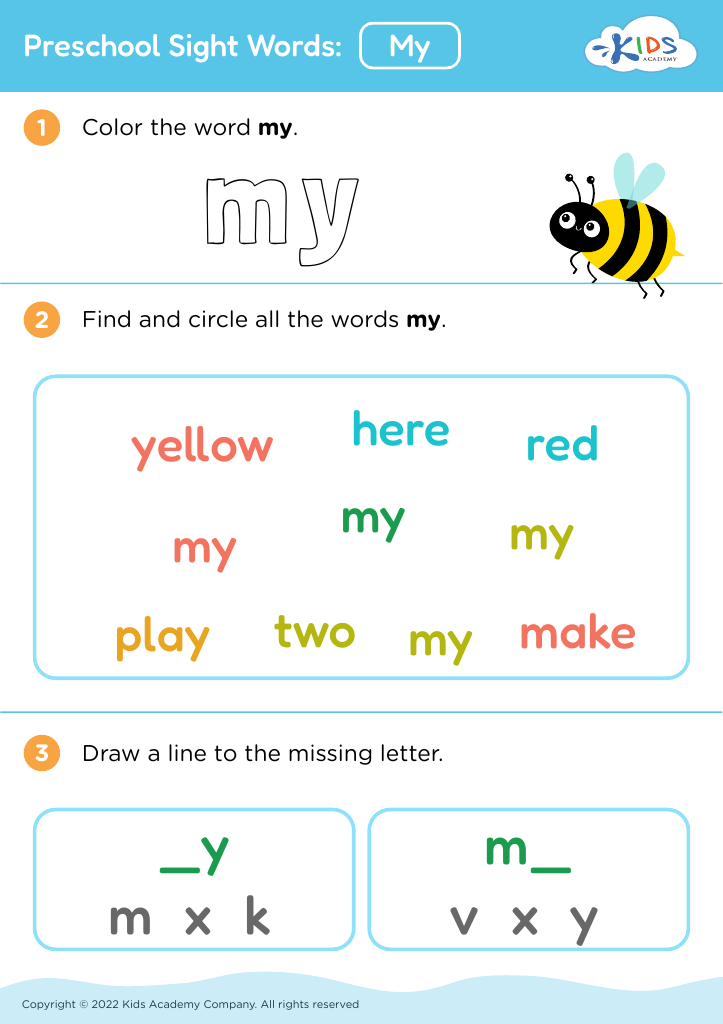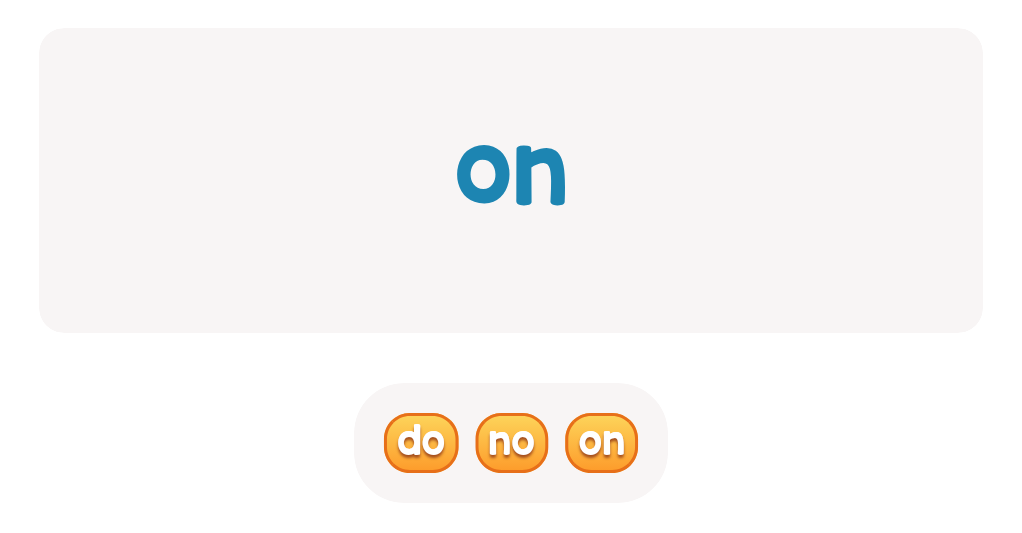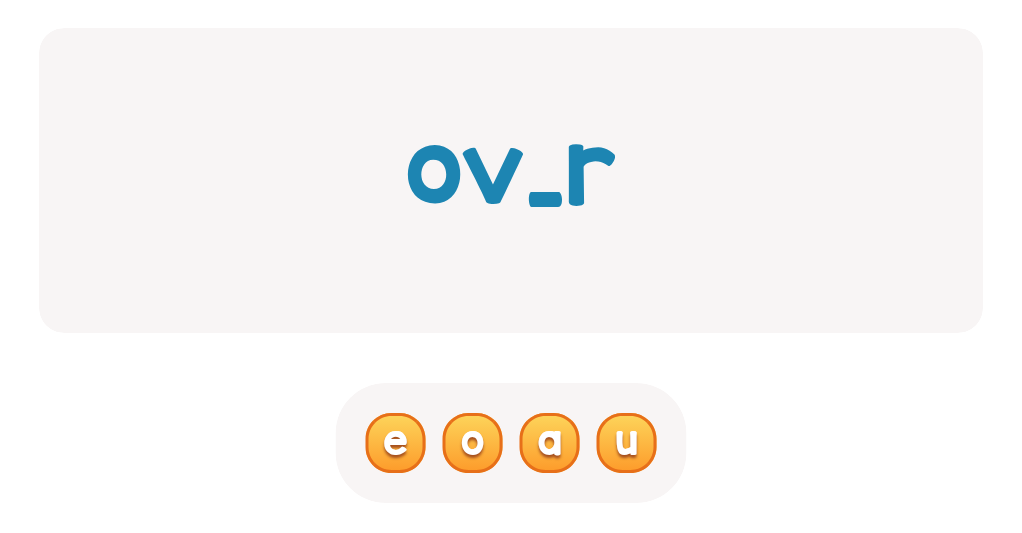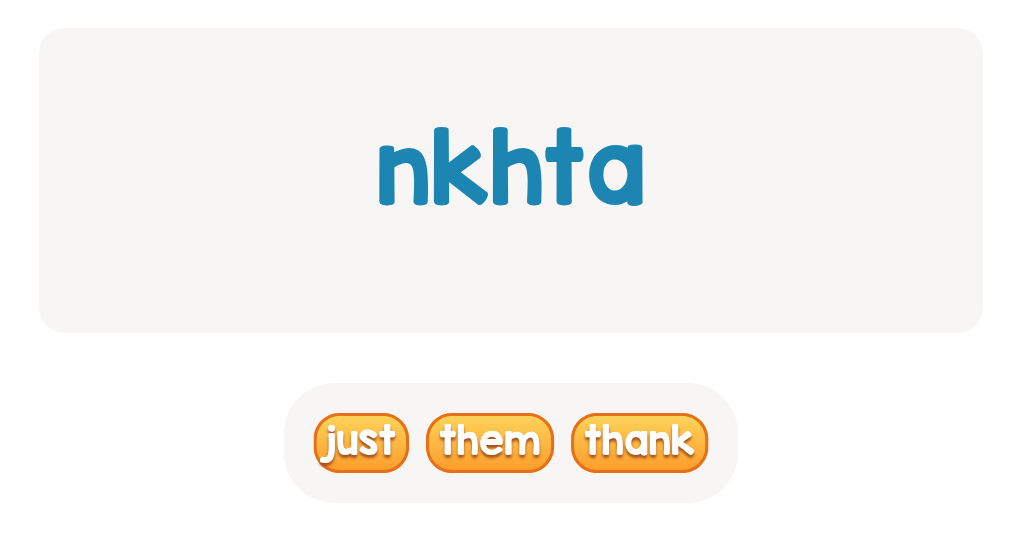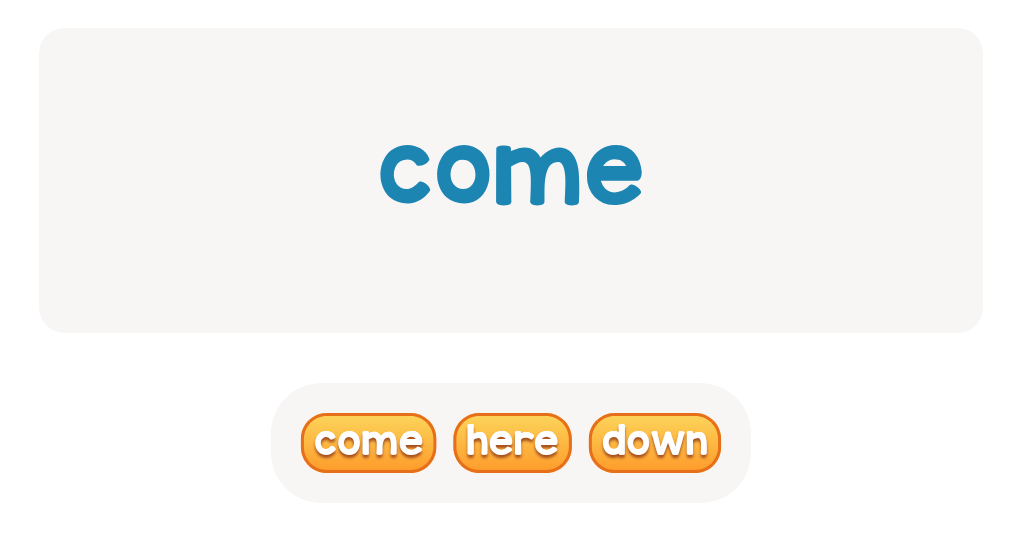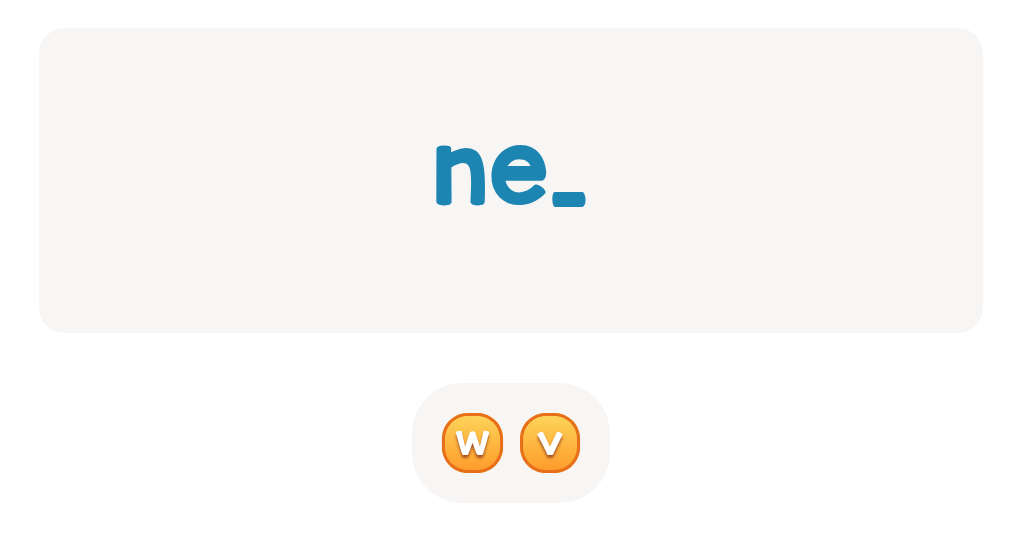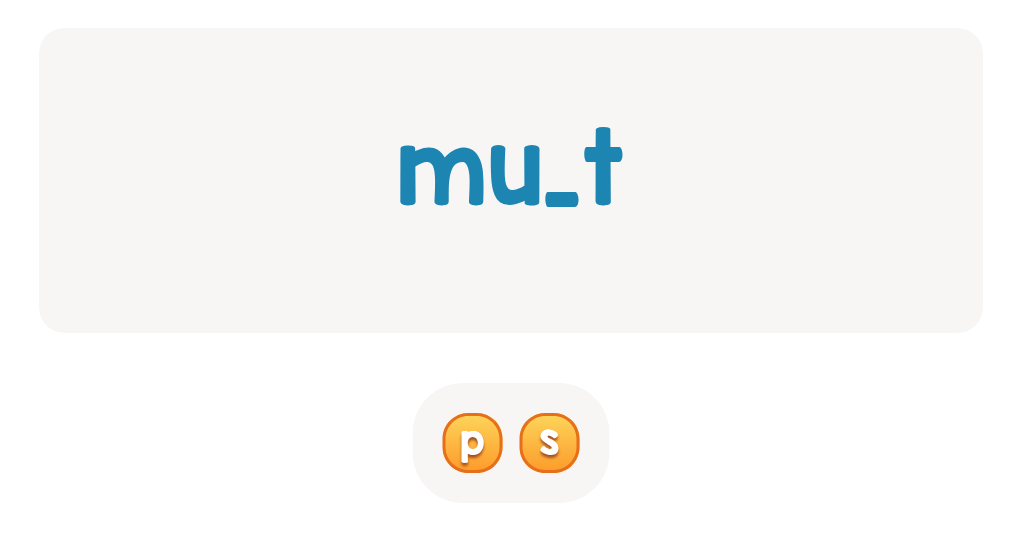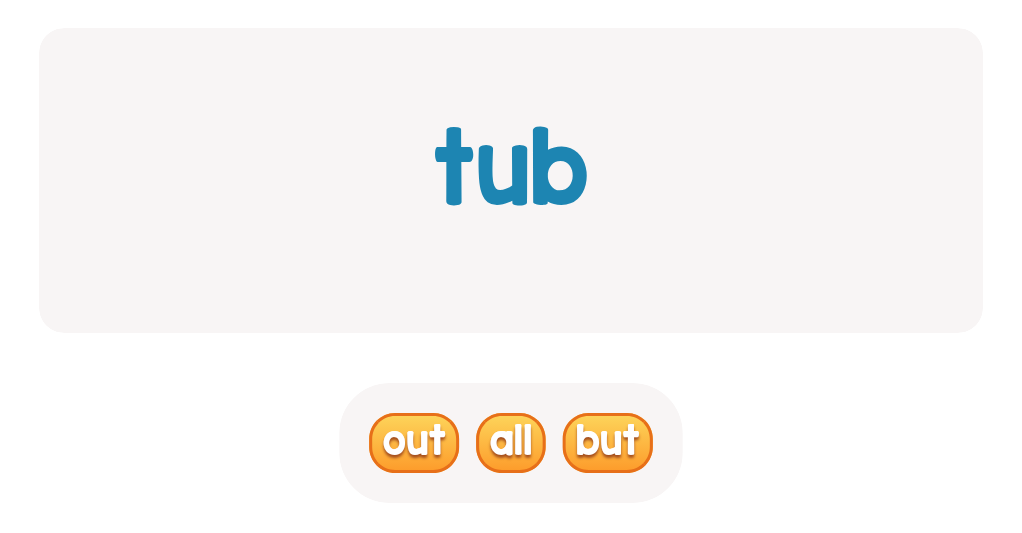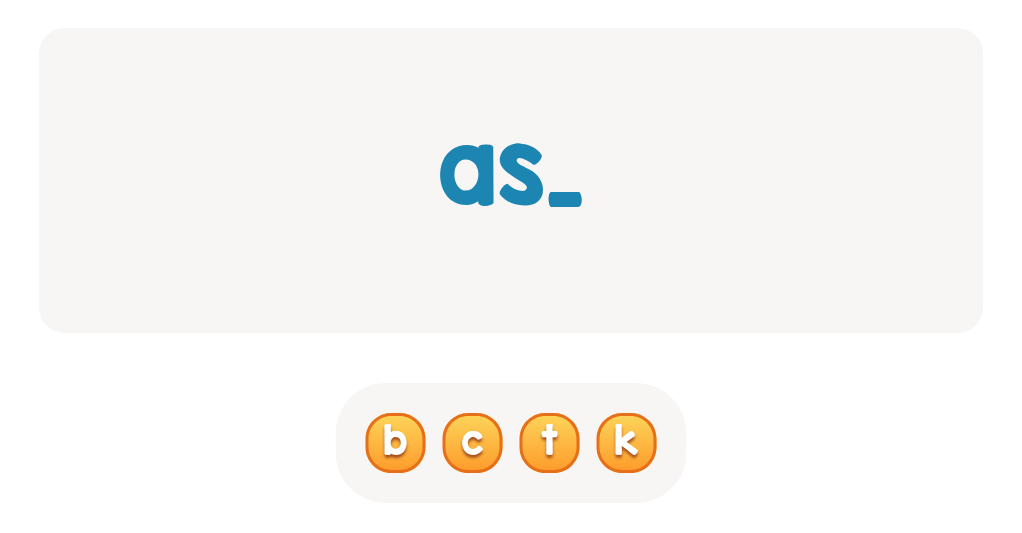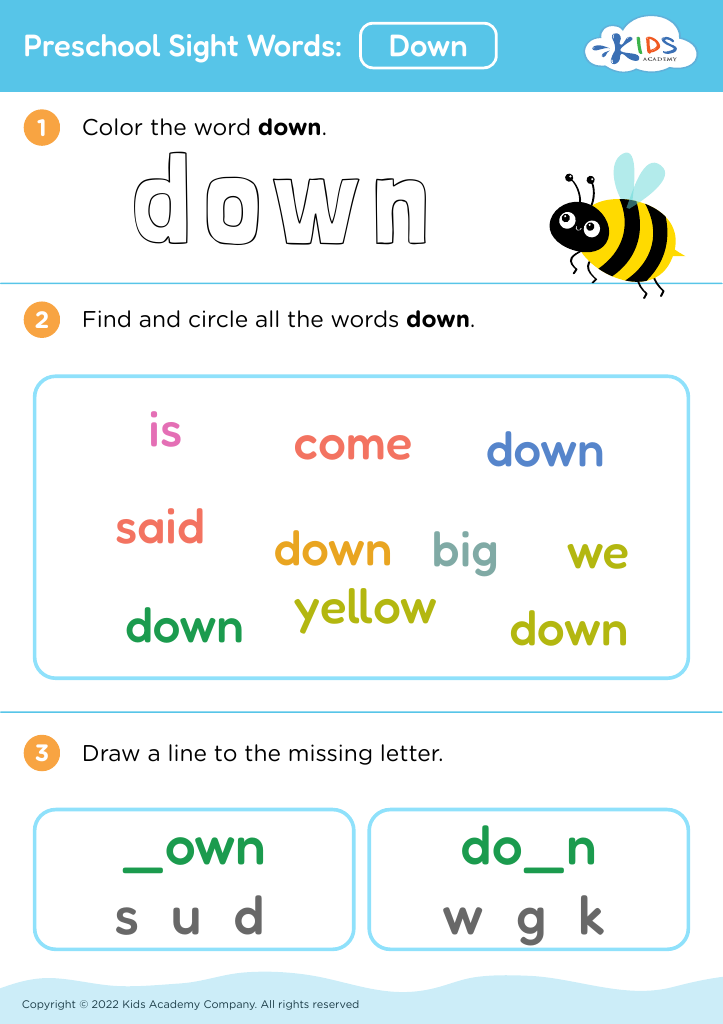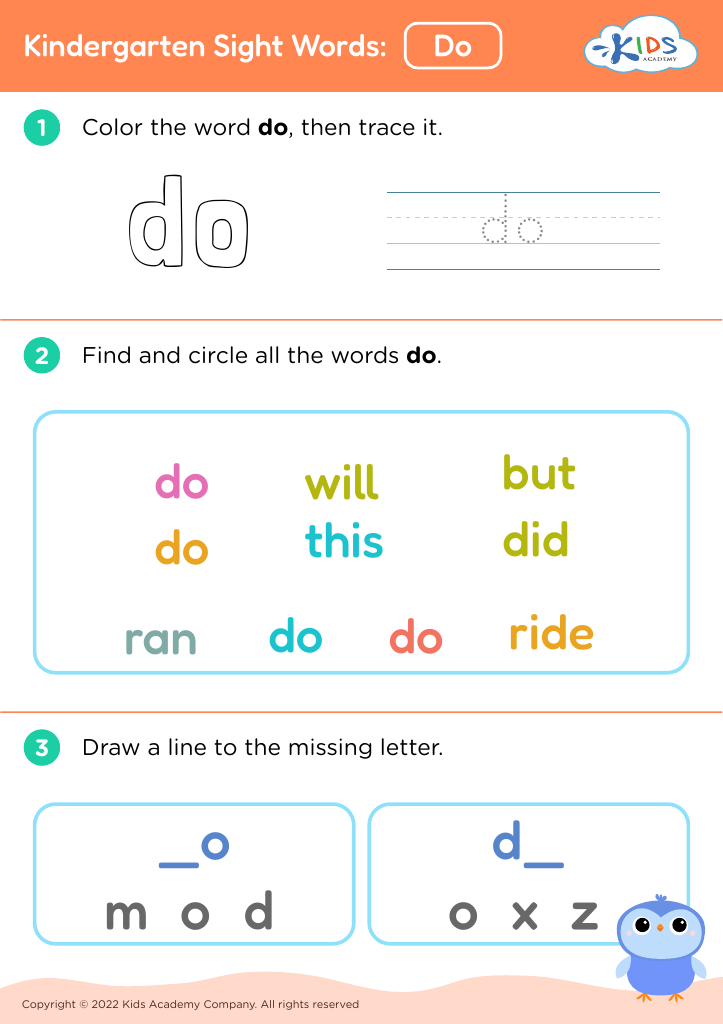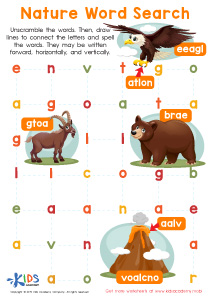Mathematical reasoning Sight Words Worksheets for Ages 3-5
5 filtered results
-
From - To
Enhance your child's early learning experience with our engaging Mathematical Reasoning Sight Words Worksheets, specially designed for ages 3-5. These worksheets integrate essential sight words with foundational math concepts, fostering a dual approach to literacy and numeracy. Each activity promotes critical thinking and problem-solving skills while encouraging kids to recognize and confidently use common sight words. Interactive and colorful, our worksheets captivate young learners, making math and reading both fun and effective. Perfect for parents and educators, these resources support early childhood development, setting the stage for a lifelong love of learning in mathematics and language. Explore our collection today!
Mathematical reasoning sight words are essential for young learners aged 3-5 as they lay the foundation for future mathematical understanding and literacy. Just as sight words help young readers recognize and comprehend text, mathematical sight words enhance children's ability to engage with numbers and basic mathematical concepts.
When parents and teachers focus on these sight words, they support early cognitive development and encourage a positive attitude toward mathematics. Recognizing terms like "more," "less," "equal," or "add" helps children make connections between language and mathematical ideas, fostering critical thinking skills.
Moreover, understanding these concepts enables children to communicate their reasoning effectively. This is vital for building problem-solving skills, as children learn to articulate their thought processes and reasoning aloud.
Additionally, working with mathematical reasoning sight words nurtures curiosity and a love for learning, instilling confidence as they progress academically. Incorporating these sight words into play, games, and everyday activities reinforces learning in a fun, engaging manner.
Overall, prioritizing mathematical reasoning sight words equips children with the language to navigate math confidently, preparing them for future success in more complex mathematical concepts and problem-solving scenarios.

